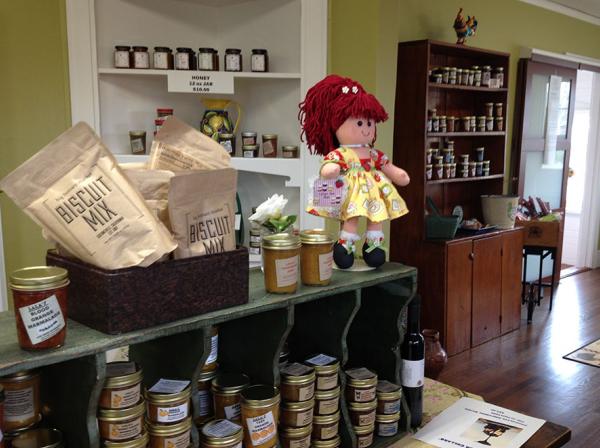By Bill Swindell
The Press Democrat, Santa Rosa, Calif.
WWR Article Summary (tl;dr) As columnist Bill Swindell reports, while most think of the typical entrepreneur as a young male in his 20’s, the reality is much more gray — literally — as more local seniors are showing their entrepreneurial side.
The Press Democrat, Santa Rosa, Calif.
In popular culture, the notion of the young entrepreneur changing the world is a constant theme.
The images of the young Bill Gates, Steve Jobs, and Mark Zuckerberg all have been fixed into our consciousness.
They had the perfect combination of moxie and gumption to bring their ideas to massive worldwide acceptance.
That story also can be applied locally with such examples ranging from Adam and Dianna Lee in their late 20s starting pinot noir specialist Siduri Wines, which later was acquired by Jackson Family Wines of Santa Rosa.
In their 30s, Sean and Rebecca Lovett started Revive Kombucha at the Santa Rosa farmers market — its first stop toward becoming a nationwide staple in that fast-growing specialty drink category.
But the reality is much more gray — literally — as more local seniors are showing their entrepreneurial side in Sonoma County. This growing trend is spurred by factors such as a longer lifespan; the necessity for some to generate income later in life; and legislative changes that have made it easier to start a brand.
“There’s an upsurge in the (55 and over) population,” said Mary Cervantes, business services director of the Napa-Sonoma Small Business Development Center. The center holds periodic workshops on how to start your own business.
Exhibit A in this category would be Leslie Goodrich of LaLa’s Jam Bar and Urban Farmstand in Petaluma.
Goodrich started her business at 69 in 2014, after years of volunteer work, which came after a long career of selling residential real estate in Marin County. She specializes in producing about 50 jams and jellies, ranging from pineapple quince to apple butter to a Sriracha-flavored pear sauce. She sources mostly local fruit treated without pesticides.
While she has other hobbies such as being a master gardener, Goodrich found her passion always has been in sales. As a youth, she was the girl who would go around the neighborhood to knock on doors to sell cookies.
“Volunteering is nice, but I love to make money,” she said. “I always liked to work hard and I always liked to sell something.”
Her business was boosted by passage of a 2012 California law that allowed entrepreneurs to set up “cottage food operations” in their homes to try their ideas without having to go the costly route by renting commercial kitchen space.
That allowed her to test out recipes on a small scale and reach out to stores that were receptive, which was key given she had no retail experience. For instance, she soon found out farmers markets weren’t as lucrative as she had thought.
“I had a lot of people who helped me along the way. I made a lot of mistakes,” she said. “It was an assembly line in my dining room.”
Eventually, she reached a point where she wanted her house back and decided to buy a small building on East Washington Street near the Sonoma-Marin Fairgrounds.
She estimated she has put about $100,000 into her business besides the mortgage on space she bought last year.
The new location is where she makes and sells her products, along with homemade wares from other local entrepreneurs.
“If I am going to do this, I’m going to sell local products,” said Goodrich, who has four part-time employees. She added that homemade items were a key to her success to stand out in a crowded retail sector.














































































































































































































































































































































































